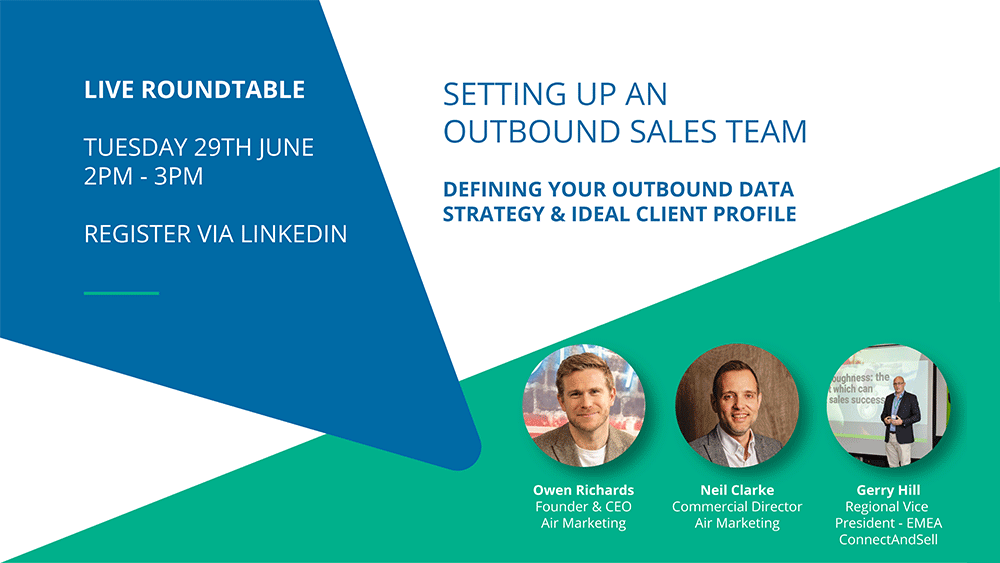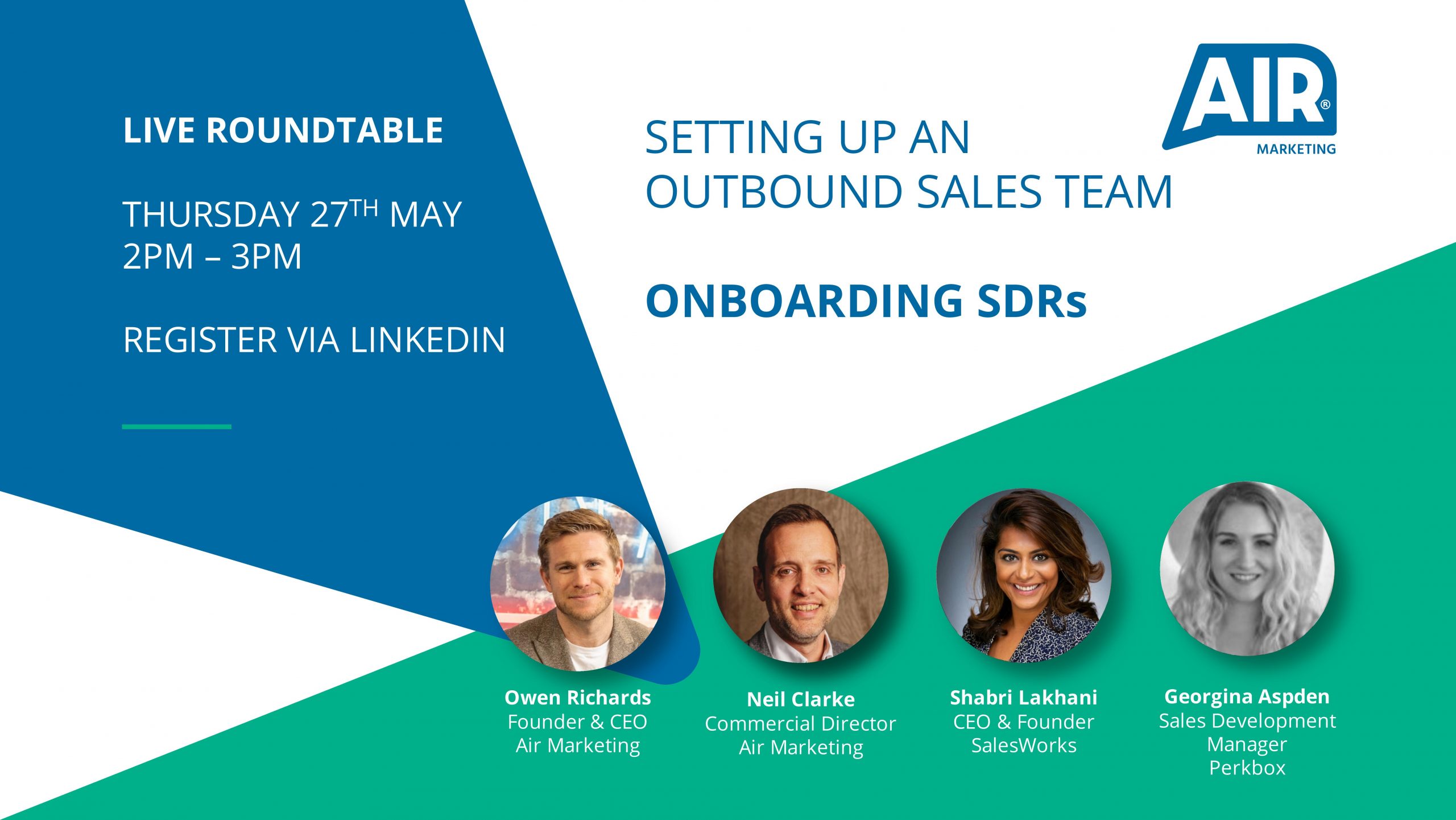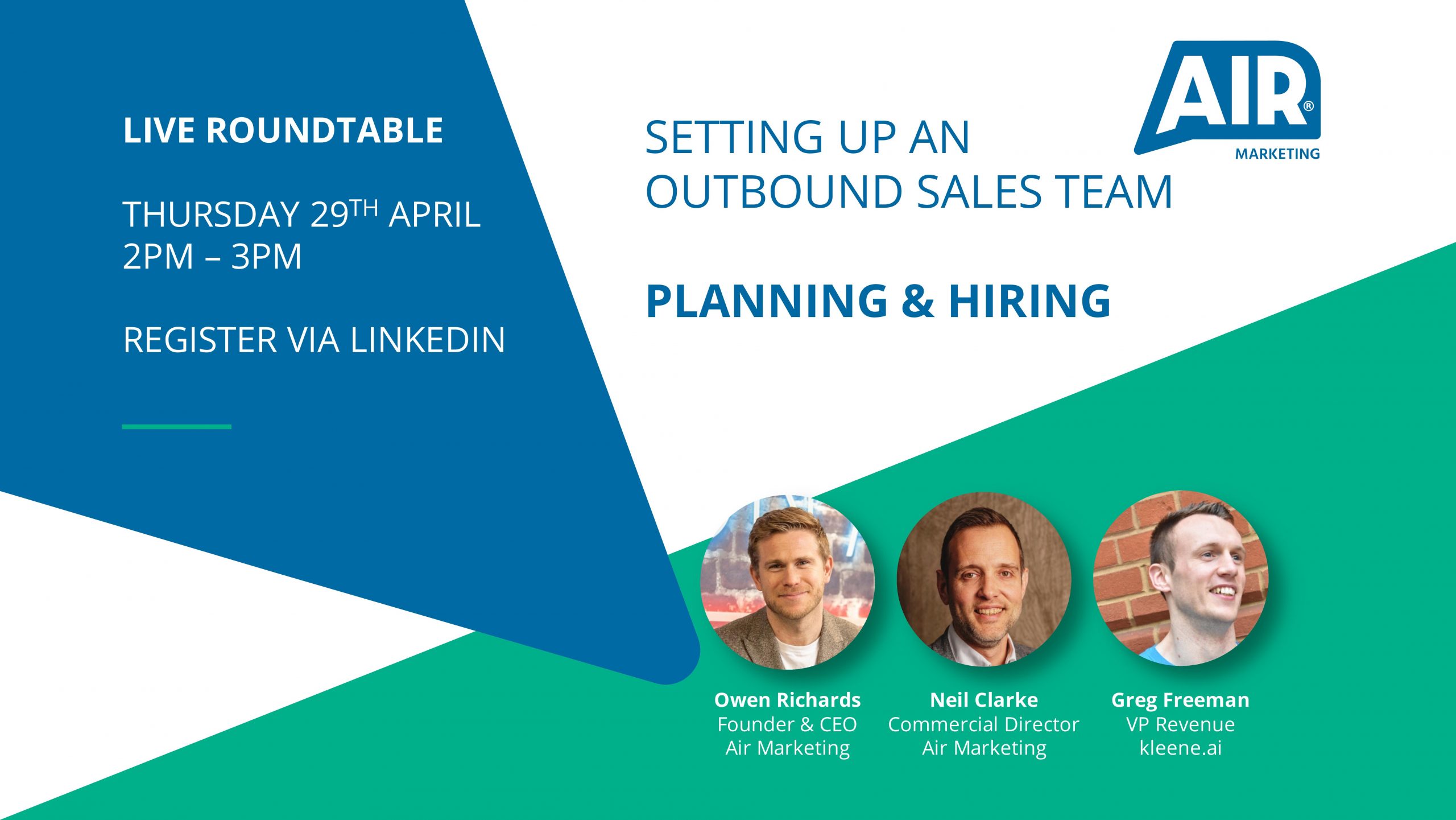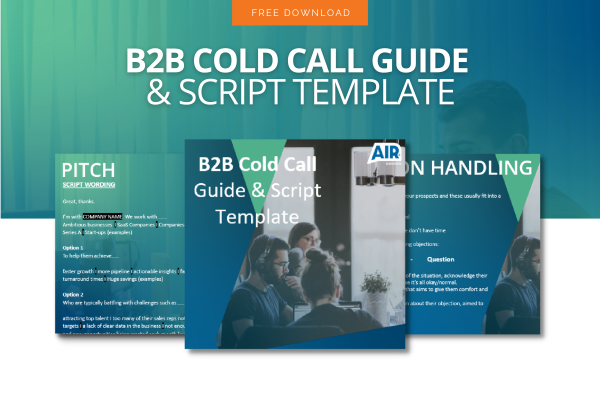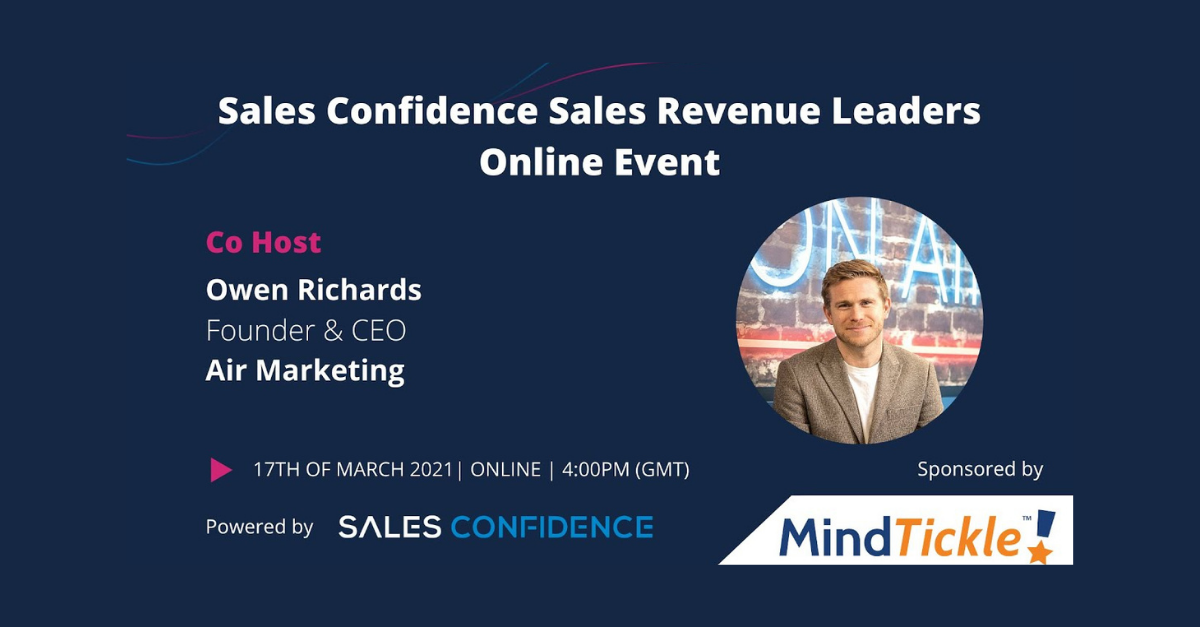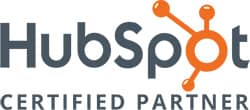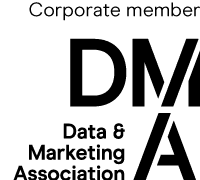Asking the hard questions and avoiding the pitfalls
Ask anyone who has done it, and they’ll tell you honestly: building your sales team is not easy. The road to a high performing, well-oiled sales machine is a rocky one, filled with challenges that you might have overlooked or ones that you knew you’d have to overcome. As someone who has been through this process with my own company and helped hundreds of clients shape their sales functions, I’m confident I can help you find an easier way through it. In this series, I’m going to show you the sharp end of sales success, taking stock of what you need to think about at every stage and hopefully saving you some time (and exasperation) while providing some inspiration.
Planning is essential to success
In my experience, there are two familiar scenarios: those businesses that want to build a sales function because the business Founder has been doing most of the selling. They’re at the point where to see serious growth; they need more sales resource. Primarily resource focused on selling rather than wearing many different hats. And there are those businesses that have recently secured funding and need to nail their go-to-market strategy and get out there and sell. To do that, they’ll need a team. They are looking for a repeatable and scalable sales model that will deliver against their financial forecast and demonstrate their viability to investors.
This is where it all begins. You know you need sales resource, so what do you do next? At this point, some businesses dive right into hiring their first dedicated salesperson. It might seem logical, but without a plan, the processes, the data, researched target profiles and the right messaging, how can you give your new hire the tools they need to succeed?
Developing your Sales Playbook
It’s why your Sales Playbook is so essential; this is your blueprint for how you define and reach your market, the message you use and the processes you follow to close business. And even the most tenacious and experienced salesperson will benefit from a sales playbook that brings together the best practice you’ve developed so far. I’ve seen less experienced SDRs ramp up their productivity much more rapidly when armed with the right messages, data strategy, technology, and objection handling practices.
Failing to put in the groundwork and thinking about who you are targeting and the key benefit statements around your service is a missed opportunity and will make it far more difficult for your salesperson to sell. This is especially true if they’ve not been part of the Founder and the technical developers’ product development journey. And even if you have a very niche or defined market, where are you sourcing your data, and what channels do you plan to use to contact these people? Will you focus on speed and quantity or quality of engagement? And what will the sales process look like beyond that first engagement or conversation? Maybe you’ll decide LinkedIn outreach is the best plan, or perhaps you’d rather go for a cold calling approach. Wherever you land, you need a plan to make your chosen method work well. For example, if a customer asks about pricing reasonably early on in your conversation, what’s your stance? Do you readily share this with them? Or does it require a more in-depth consultative discussion bringing in other teams in the business? What’s the qualification criteria for passing over to, say, Business Development to advance the lead to an opportunity? And what collateral and process docs do you need to support their efforts? These are questions worth knowing the answer to because they allow for a smoother sale and a more seamless customer experience.
Not all sales professionals are made alike
Without a plan in place or a clear data strategy, you could hire an experienced salesperson and a more junior salesperson, give them each a LinkedIn Sales Navigator account and send them on their merry way. How do you know they’ll use consistent messaging? You can’t account for how much time they’ll need to spend researching ahead of a call or meeting. With no plan or foundation level messaging, they may need to spend more time tailoring more personalised approaches, with no certainty or assurance they’re going in the right direction. By which point, you’ll have to cycle back and rethink your targets and your plan.
And this neatly brings me to my next point; not all sales professionals are made alike. And how you plan to interact with your target audience hugely influences the type of person you need to hire. Suppose you’re planning high volume, top of the funnel activity. In that case, you need a very different type of sales professional than if you are expecting your hire to navigate large organisations as part of an account-based marketing approach and close a complex technical deal. It would help if you also thought about what matters most to you as a business. Do you care most about cultural fit, industry experience or sales track record? Do you need someone who is not afraid of the phone or someone who has finesse with their copywriting?
Furthermore, do you need someone who will grow a team and build your sales function out, or will they likely not get this opportunity. Each of these scenarios requires a very different kind of person.
If you’ve never hired a salesperson before, it can be tricky to match experience with what your organisation most needs to grow. It might be tempting to opt for somebody senior, but can they replicate their success in a lean startup without the resource and budget they may be accustomed to? It might be that they would prefer to spend more time on strategy and less time on delivery when you need both.
Realism can help you plan better
I’m sorry to say this, but you will fail before you succeed. Fail fast, and you will move on to bigger and better things, armed with lessons learnt.
And if/when you realise that you made the wrong call, do you know how to fix it? I’ve seen this quite a lot, where an organisation’s attempt at building out sales just isn’t working. Sometimes, it’s due to a misjudged hire, potentially poor cultural fit, or lack of experience. Sometimes it’s simply due to not enough clarity around the organisation’s sales cycle. If you haven’t accurately judged when your sales investment is likely to deliver a return on investment, you could be working blind and failing to produce enough leads to convert sales months down the line. Or you could have set the wrong expectations entirely along with other stakeholders in the business (including yourself).
Often a Founder or CEO who has brought in all the business to date unfairly expects a salesperson to replicate their success and deliver the same numbers. Without the Founder’s autonomy, experience, and depth of product knowledge, this is almost impossible. And however hard an employee tries, they cannot replicate the passion of a Founder. I know this myself, and while I expect my team to be enthusiastic and care, I don’t expect the vision for the business to take up permanent residence in their daily thoughts; that’s on me.
It’s also worth noting that a new sales hire doesn’t have anywhere near that amount of flexibility and creative control and is unlikely to be as warmly received as a CEO, which, as we all know, can open doors.
When it comes down to it, building a successful sales team requires serious reflection before you even begin. It’s my firm belief that with a realistic plan, a sensible approach to achieving your targets based on accurate sales forecasting and numbers, a well-developed playbook and a clear view of the type of salespeople you need to hire, you have every chance of success.
Oh, and one more thing; you’ll need some patience and understanding, too. Because (sorry) you’re far more likely to get it wrong before you get it right!
If you’d like to talk more about any of the topics discussed in this blog or discuss developing your sales strategy, get in touch call 0808 178 6606 or email contact@air-marketing.co.uk.
Opinion Piece by Owen Richards, Founder & CEO

